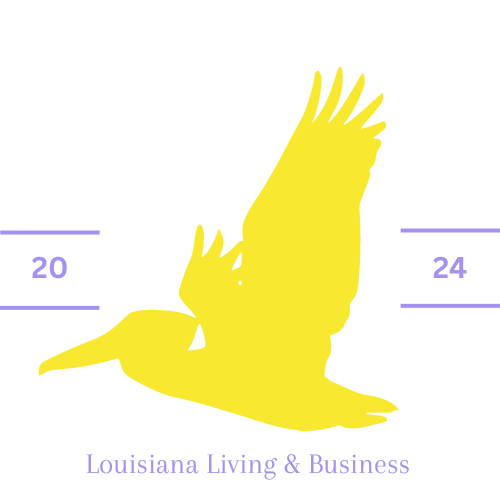Why Louisiana Reigns as the Global Capital of Celebration
Each year, Louisiana throws the world’s greatest party—and millions come to witness it. Mardi Gras, with all its beads, brass bands, and brilliant parades, is more than just a celebration. It’s a cultural cornerstone, an economic powerhouse, and a living reflection of Louisiana’s soul. From the famed “neutral ground” to the time-honored traditions of kings and queens, Mardi Gras is a rich blend of history, pageantry, and southern hospitality that draws global attention.
What Is Mardi Gras?
Mardi Gras—French for "Fat Tuesday"—marks the final day before Ash Wednesday and the beginning of Lent. It’s a time when indulgence, festivity, and community come together in full force. But while Mardi Gras is technically one day, the season in Louisiana starts weeks earlier, with parades, balls, and traditions unfolding across the state, especially in New Orleans.
Why Louisiana? Why New Orleans?
While Mardi Gras is celebrated in pockets across the U.S. and internationally, New Orleans is its heartbeat. Nowhere else does the celebration carry such historic weight and vibrant tradition. The Crescent City didn’t invent Mardi Gras—but it perfected it.
Mardi Gras came to Louisiana via French settlers in the 18th century. In 1699, French explorer Pierre Le Moyne d'Iberville named the spot near present-day New Orleans “Pointe du Mardi Gras,” recognizing the festive day. Over time, the holiday grew from small masked balls into today’s iconic parades with massive floats, costumed riders, and throws that have become legendary.
Mardi Gras isn’t just a party—it’s a deeply rooted tradition that reflects Louisiana’s French, Spanish, African, and Creole heritage. It tells the story of a state proud of its past and excited to share it with the world.
The Kings and Queens of Carnival
Each year, secretive and prestigious Mardi Gras krewes select their own royalty. These kings and queens aren’t just figureheads—they symbolize the legacy of Carnival. Krewes like Rex, Zulu, Endymion, and Bacchus host elaborate balls where court members wear regal robes and sparkling crowns, preserving traditions that date back generations.
The pageantry is a nod to European royalty, but with a Louisiana twist: more glitter, more music, and a whole lot more soul.
The Neutral Ground and Parade Culture
If you’ve been to a Mardi Gras parade, you’ve likely heard the phrase “neutral ground.” In New Orleans, this term refers to the median of a street—and during Carnival season, it becomes sacred real estate. Families camp out for hours or even days to stake their claim on these prized spots.
The neutral ground is where strangers become friends, children catch their first beads, and generations bond over king cake and marching bands. It's where Louisiana culture comes alive, one float at a time.
The Global Magnet: Tourism and Economic Impact
More than 1.4 million visitors descend on New Orleans for Mardi Gras each year, injecting hundreds of millions of dollars into the local economy. Hotels fill up months in advance. Restaurants serve food from sunup to sundown. Artists, musicians, costumers, float builders, and small businesses all benefit from the season’s vibrant demand.
Mardi Gras is not only a celebration of culture—it’s a driver of commerce that supports thousands of jobs and keeps Louisiana’s creative economy thriving.
Why It Still Matters Today
Mardi Gras is more than floats and feathers—it’s a living ritual of resilience. Through hurricanes, pandemics, and hardships, Mardi Gras has never lost its spirit. It’s about community, connection, and identity.
Whether you’re catching Zulu coconuts on Canal Street or dancing to a brass band in Lafayette, Mardi Gras reminds us of what it means to be Louisianian: bold, joyful, and proud of every note, bead, and bite.
Mardi Gras is Louisiana’s gift to the world—a one-of-a-kind tradition rooted in heritage, powered by people, and celebrated with unmatched flair. It brings together history, commerce, and culture in a way no other event can. And whether you're a lifelong local or a first-time visitor, you’ll feel it: Mardi Gras isn’t just something you see—it’s something you live.
Come for the parades, stay for the culture, and leave with a piece of Louisiana in your heart.

